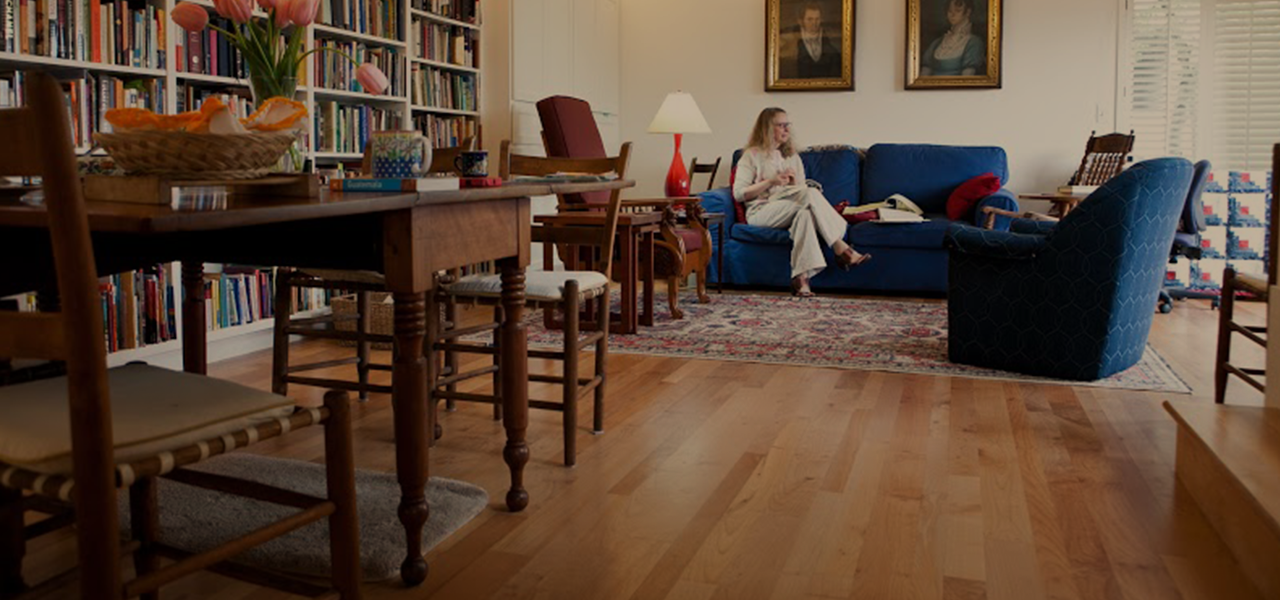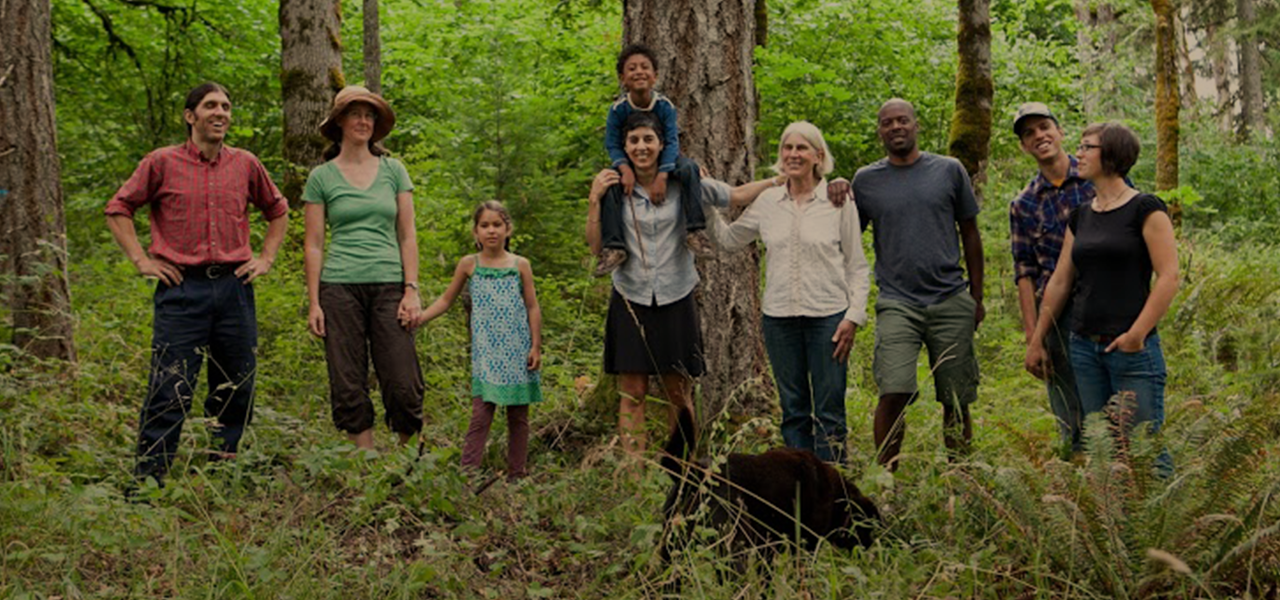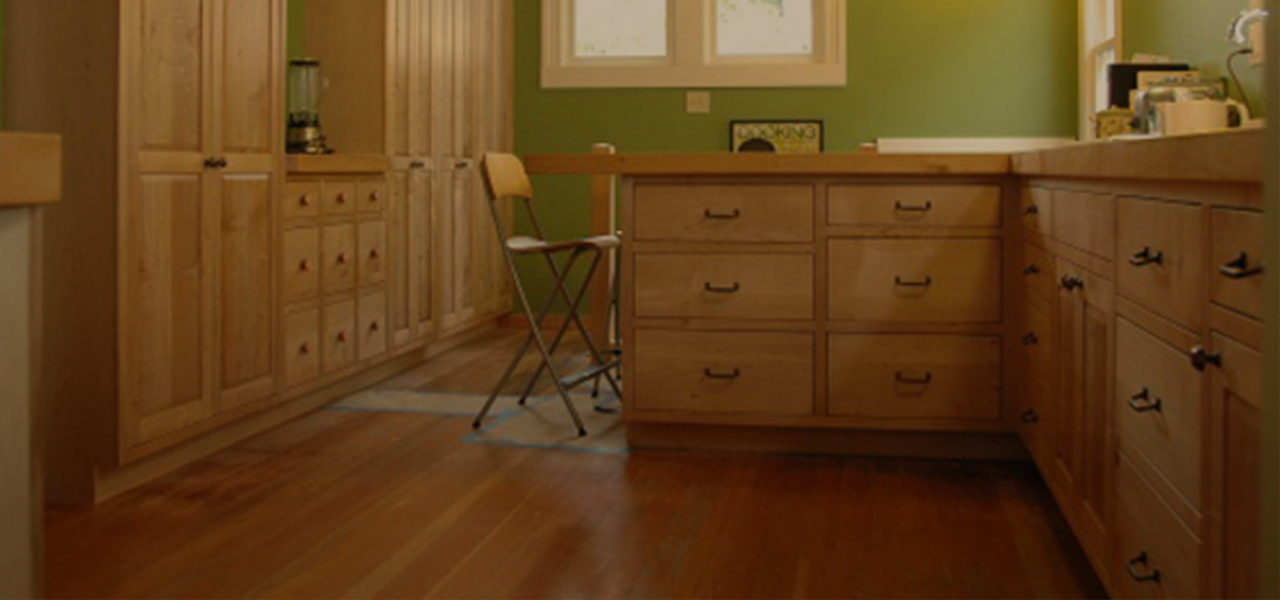Zena Forest Products is a family owned business located in the Eola Hills of the Willamette Valley. The Deumling family has managed the forest since 1987 and the sawmill since 2008. The Deumlings operate both aspects of the business with a strong focus on maintaining a healthy and diverse ecosystem in their forest. Zena is a mixed hardwood and conifer forest, containing several endangered habitats including Oak Savannah and Oak Woodland. The parcel is FSC certified forestland and spans 1300 acres.
Ben Deumling, the owner, works in partnership with his mother, Sarah, to maintain his family’s tradition of harvesting Oregon White Oak, Western Big Leaf Maple and other native hardwood species. This is a departure from traditional lumber mills in the area that tend to use Douglas fir trees, which grow rapidly, whereas oak can take many more decades to mature. As a result of the longer maturing time, oak is more durable and harder than woods like fir, making it ideal for flooring and furniture. Zena Forest Products produces durable solid hardwood flooring (the longest lasting on the market), as well as lumber for cabinet and furniture making.
Sarah is responsible for forest management, and Ben runs the daily operations at the mill. “Sustainability is the most important part of what we do, says Sarah Deumling. “We have it all – sustainable forest management practices and profitability. We don’t have the high lifestyle of CEOs at other big lumber companies, but we have tranquility. The industry is starting to pay attention to the need for sustainability in timber management after 30 years, because they see now that both are possible.”




